VC INTERVIEW | Simon Wynberg - ARC Ensemble's Artistic Director
The Violin Channel recently caught up with Simon Wynberg, Artistic Director of the Toronto-based ARC Ensemble
The ARC Ensemble, in celebration of their new album 'Chamber Works by Walter Kaufmann', will perform live from The Royal Conservatory on the The Violin Channel's facebook on Wednesday 2nd September at 3pm (EDT).
Tell us about the Ensemble’s acclaimed “Music in Exile” series for which you’ve been nominated three times for Grammys.
"The ensemble has very broad musical tastes and it's a very curious and imaginative group of musicians, so from its inception I thought it would be a good idea to explore unfamiliar repertoire. Personally I think there are diminishing returns in re-recording canonical works, wonderful as they are. It’s a paradox that in many ways we know less about 20th century than we do about the 19th and 18th and for me there is a moral obligation associated with the exploration of music that was suppressed for nothing more than a composer’s race or political beliefs. The series is called “Music in Exile” rather than Composers in exile for the simple reason that so much of this repertoire is still in a state of exile –– exactly where National Socialism wanted it to remain"
How did you go about finding these lost masterworks for the series?
"There is a network of musicologists and musicians who are interested in this area. Most of the time scores are hiding in plain sight, in large library collections and archives, although there are occasional finds in private hands"
What are your plans for future album releases?
"There is a very long road still to travel. We will be recording an album of works by the Jewish Ukrainian nationalist Dmitri Klebanov in January, a composer whose music was suppressed under Stalin"
What distinguished Kaufmann’s music?
"Much of his music is a very sensitive blend of Western and Indian, and sometimes Oriental, traditions. It’s difficult to talk with authority about his music as I’ve only really looked closely at his chamber music. Kaufmann was a hugely knowledgeable musicologist and undertook several research trips while he was living in India, to Nepal particularly. HIs works are not the usual looting of indigenous elements, but a genuine melding and meeting of different traditions. That is its particular and original feature"
Can you offer some anecdotes about Kaufman’s extraordinary life and how the century’s major events affected him?
"Kaufmann’s life was defined by National Socialism and WW II. He lost almost all his family in the Holocaust, as did his first wife Gerty Hermann, who was a niece of Franz Kafka. He was trapped in Bombay during the war, and it took almost 25 years for him to finally secure a home in America"
Why did Kaufman choose to go to Bombay?
"Two reasons: Visas to India were reasonably easy to access, and he was fascinated by Indian music. He knew that he would have to spend time in India researching indigenous practices"
How did Kaufman see himself? Where did he consider home?
"Kaufmann ultimately considered himself an American. In fact he was quick to tell George Schick, the President of the Manhattan School that he dd not want to be referred to as a Canadian composer, but as an American one"
april 2024
may 2024




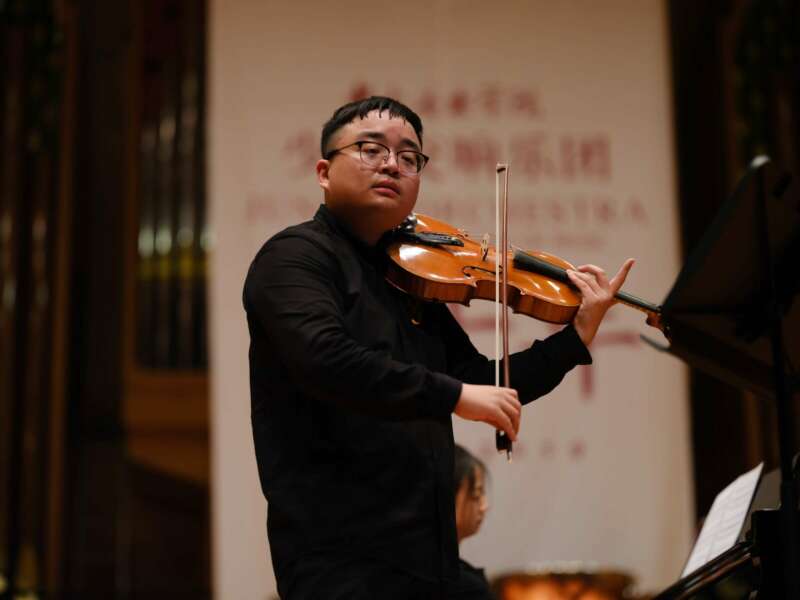
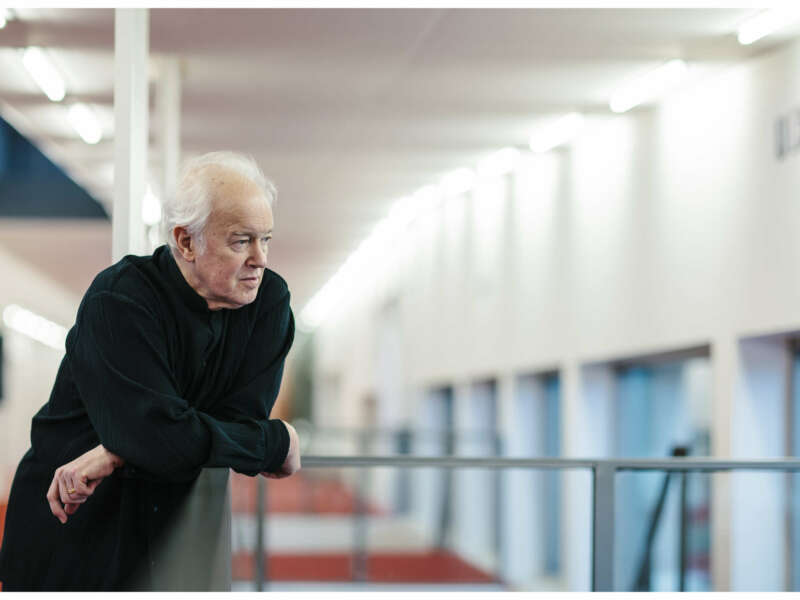

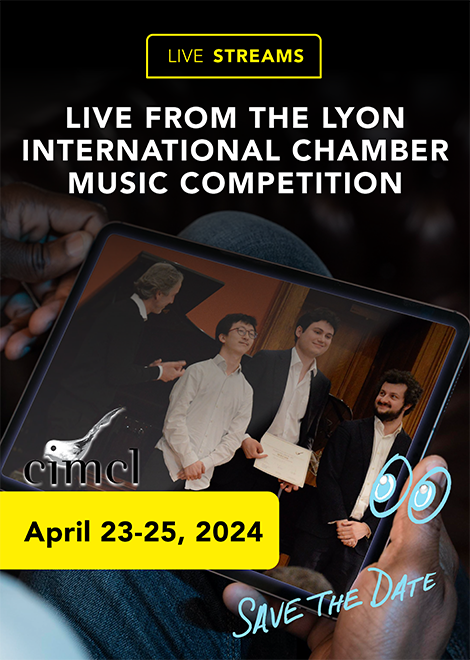
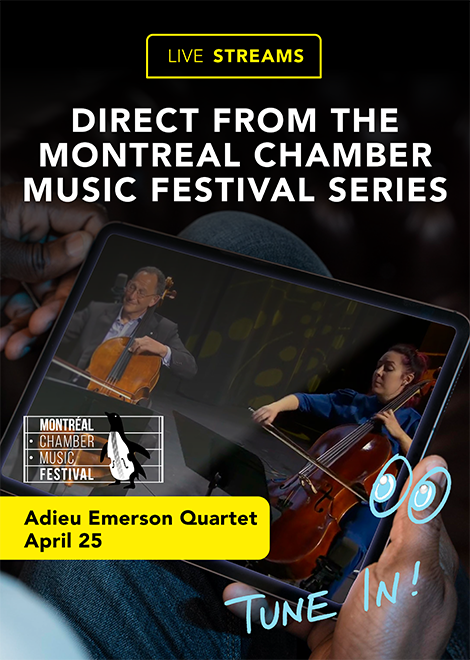

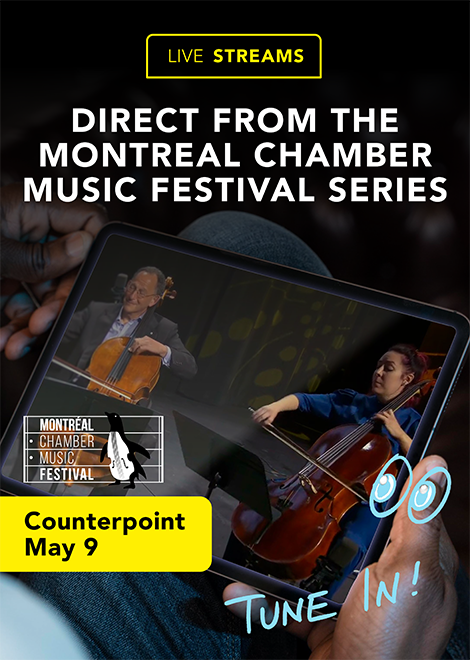















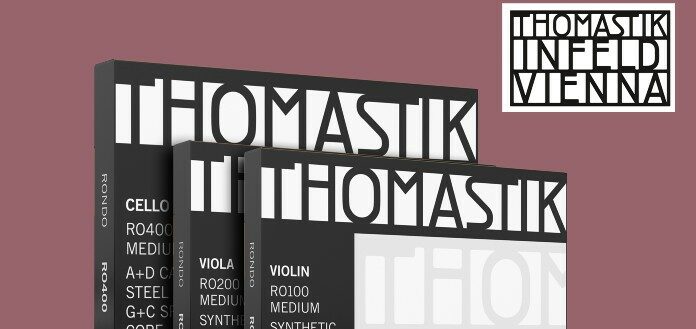
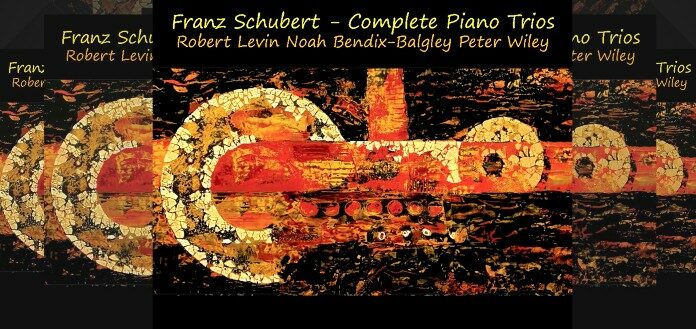


![STRINGTELLIGENCE BY THOMASTIK-INFELD | 'The Materials Used to Produce Strings' [SERIES] - image attachment](https://theviolinchannel.com/wp-content/uploads/2019/12/strings-materials-800x600.jpg)
![VERY SAD NEWS | Luminary Violinist Ida Haendel Has Passed Away – Aged 91 [RIP] - image attachment](https://theviolinchannel.com/wp-content/uploads/2020/07/IH-800x600.jpg)
![STRINGTELLIGENCE BY THOMASTIK-INFELD | 'Taming a Wolf Tone & Eliminating String Buzzing' [SERIES] - image attachment](https://theviolinchannel.com/wp-content/uploads/2020/01/stringtelligence-1-800x600.jpg)
![STRINGTELLIGENCE BY THOMASTIK-INFELD | 'Dealing with String Corrosion and Perspiration' [SERIES] - image attachment](https://theviolinchannel.com/wp-content/uploads/2019/11/Klanner-Franz-800x600.jpg)
